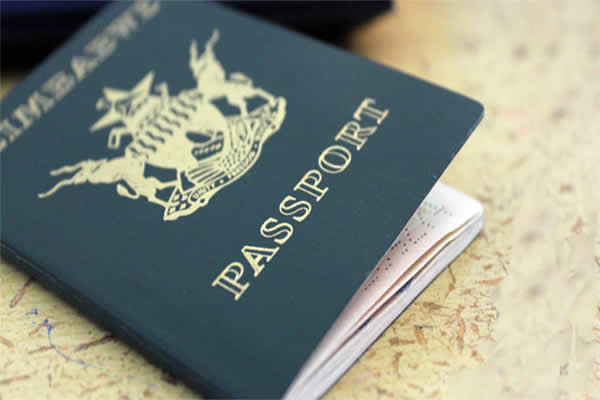Will Writing
Will Writing What you need to know Living persons are encouraged to write their wills outlining how their property should be shared in the event of their deaths. Our laws respect the wishes of the deceased and will give effect to ther covenants. A person over the age of 16 and who is not legally incapacitated in any way can write a will outlining how his or her property must be shared upon death. A will can be written in any language that a person chooses. A will can be written at any time. You do not have to wait until you are sick. A will can be changed or replaced at any time. It must be in writing, signed at the end of the will and on every age, as close to the end of the writing as poosible by the writer and two witnesses in the presence of the writer. All three must be present at the time of signing. Where the writer of the will is unable to sign, he or she may put a mark that can be certified by specified persons. The witnesses must be at least 16 years of age and competent to give evidence in a court of law. In addition, the witnesses must be capable of seeing the testator sign in order to authenticate that indeed the testator freely and knowingly signed the will. A person who will inherit something in terms of the will should not sign the will as a witness, as they may be disqualified from benefitting. Generally speaking a will made prior to a marriage will be invalid. A will should contain among other things, the name of the person making the will and his or her identity particulars; the name/s of the people who will benefit under the will, their identity details and extent of benefit; the name of the person to administer the estate; and where appropriate, provision for the guardianship of minor children. A will is a confidential document. For that reason it must be kept by the Master of the High Court, your banker, your pastor or priest or a trusted friend. When the person who has made a will dies, any person in possession of the will must register the will with the Master of High Court in Harare or Bulawayo or the Magistrate’s Court for the district in which the deceased died or lived. These points are by no means complete legal advice Contact us any time with any questions and set up an appointment with our lawyers for full legal advice. Call us on 04 752870
Read moreMaintenance
Maintenance What you need to know Maintenance is money paid by a responsible person at periodic intervals or at once to a dependant for the dependant’s up keeping and other living needs. Dependant means a person who by law is supposed to be maintained by the responsible person, who could be minor child (Child below 18 years); a major child (above 18 years) who is not capable of looking after himself because of some mental or physical disability; a spouse, a divorced spouse; stepchild or adopted child who is a minor or a major who has to be maintained at law. Responsible person means a person who at law has the duty to maintain another person. Maintenance is claimed in the Magistrate’s Court (Civil Division) or in the High Court (Civil Division). The claim for maintenance is made either by way of a court application or through summons. The application for maintenance or the summons must state the name and address of the person seeking maintenance, how the person is a dependant, and the person’s maintenance needs. The matter will then be set down for hearing in the the appropriate court where a maintenance order will be granted. A person may approach the appropriate court to have an existing maintenance order varied. An existing order will be varied on application to the court. The person seeking a variation must state on affidavit why he/she requires a maintenance order to varied. Reasons for seeking variation may include increase in the income of the responsible person, increase in the needs of the dependent or loss of value in money due to inflation. A maintenance order can be discharged by the court at any time for any good cause shown, e.g that the responsible person is no longer capable of contributing maintenance, the child being maintained is now self-supporting, the person being maintained has died etc. To be on the safe side, involve your lawyer through and through Contact us any time with any questions and set up an appointment with our lawyers for full legal advice. Call us on 04 752870
Read more



